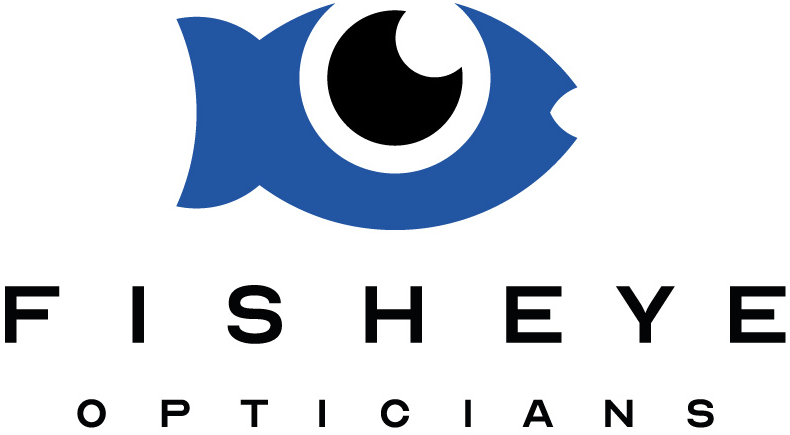What is Myopia?
Myopia, also known as short-sightedness or near-sightedness, is a condition of the eyes that results in blurry long-distance vision. Those suffering from myopia can see clearly up close, such as when reading a book or looking at a phone, while distant objects like signs or television screens may appear blurry or hard to read.
At Fisheye Opticians, we are committed to protecting the vision of the next generation by specialising in myopia control for children. We offer a range of specialised glasses lenses and contact lenses designed to slow the progression of myopia, ensuring your child’s eyesight remains clear and healthy. Your child’s vision is our top priority, and we are committed to helping them see a brighter future. Learn more about Myopia Control here.












